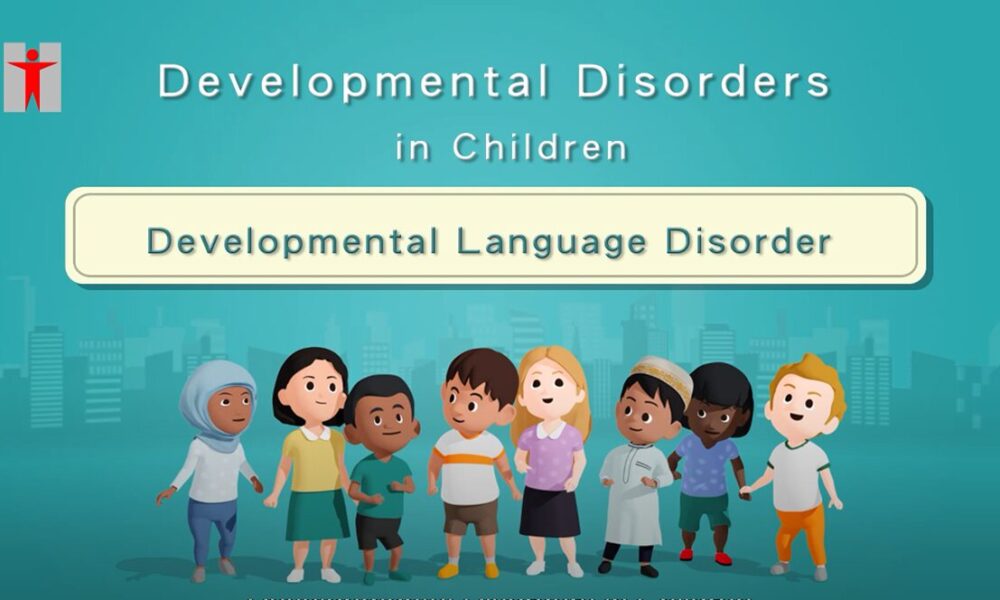What is Developmental Language Disorder (DLD)?
Developmental Language Disorder (DLD) is a condition characterized by significant difficulties in language acquisition and use that are not attributed to hearing loss or other cognitive impairments. Children with DLD may struggle with understanding and producing spoken language, which can affect their academic performance and social interactions.
Key Characteristics of DLD
- Language Delays: Children may have a limited vocabulary and struggle to form sentences appropriately.
- Understanding Issues: Difficulty following directions or understanding complex sentences.
- Social Communication Challenges: Struggles in initiating and maintaining conversations.
- Academic Impact: Language difficulties can lead to challenges in reading, writing, and overall academic performance.
Causes of DLD
The exact cause of DLD remains unclear, but research suggests a combination of genetic, neurological, and environmental factors. Children with a family history of language disorders may be at a higher risk. Additionally, factors like premature birth or low birth weight may contribute.
Diagnosis and Assessment
Diagnosing DLD typically involves:
- Comprehensive Language Assessment: Evaluations conducted by speech-language pathologists (SLPs) to assess both expressive and receptive language skills.
- Developmental History: Gathering information about the child’s language development and other developmental milestones.
- Exclusion of Other Conditions: Ensuring that language difficulties are not due to hearing loss, autism spectrum disorder, or other cognitive issues.
Treatment and Support
Intervention for DLD often includes:
- Speech and Language Therapy: Tailored programs to improve language skills, including vocabulary, sentence structure, and comprehension.
- Family Involvement: Educating families on how to support language development at home.
- School Support: Collaborating with educators to create an inclusive learning environment and modify teaching strategies.
FAQs About DLD
1. What are the early signs of DLD?
Early signs may include limited babbling as infants, late talking compared to peers, difficulty forming sentences, and challenges in understanding simple instructions.
2. How is DLD different from a speech delay?
DLD specifically involves difficulties in language skills, while a speech delay may refer only to the production of speech sounds. DLD encompasses broader language issues, including comprehension and expressive language.
3. Can DLD be outgrown?
Some children may show improvement over time, especially with appropriate intervention. However, many may continue to face challenges in language skills into adolescence and adulthood.
4. How can parents help their child with DLD?
Parents can support their child by:
- Engaging in regular conversations and reading together.
- Encouraging the use of complete sentences.
- Providing a rich language environment with varied vocabulary.
5. Are there any associated conditions with DLD?
DLD can co-occur with other conditions such as attention deficit hyperactivity disorder (ADHD) and specific learning disabilities, making it important to consider comprehensive evaluations.
6. What resources are available for families?
Families can access various resources, including local speech-language pathologists, support groups, educational materials, and online forums to connect with other families facing similar challenges.
Conclusion
Developmental Language Disorder can pose significant challenges for children and their families, but with early diagnosis and effective intervention, many children can improve their language skills and thrive both academically and socially. Awareness and understanding of DLD are crucial in supporting those affected and promoting effective communication.
